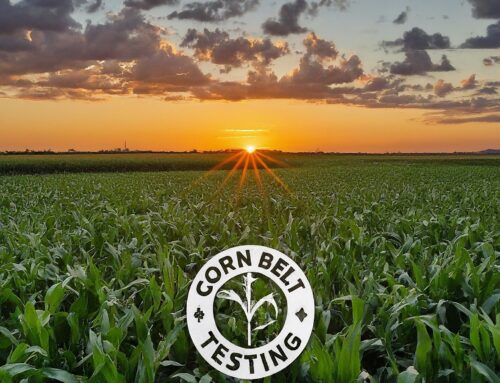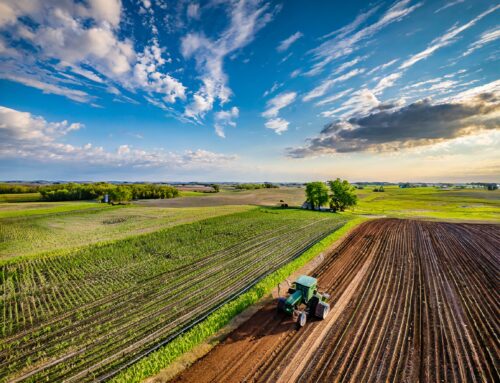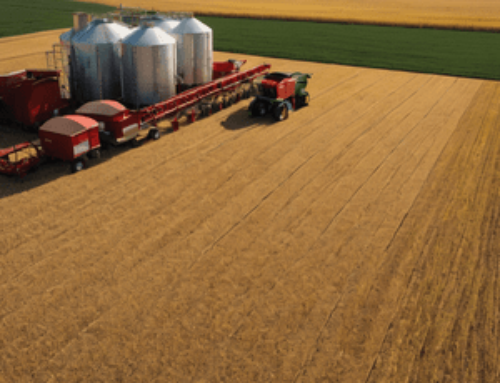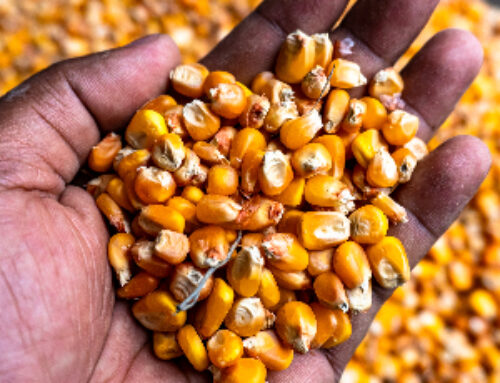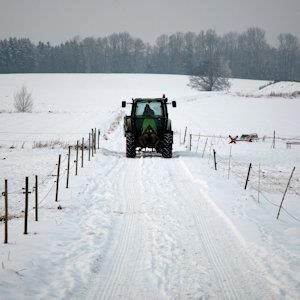
After harvesting and storing the grain, cutting, and baling hay, the Midwest fields and pastures are left for the fresh white snow. For farmers, this would be a perfect time to go for the holidays and enjoy the fruits of the yearlong hard work. However, this is usually not the case. Our Farmers still have duties on the farm even during the coldest time of the year.
The winter months are marked with farm preparation for the coming years. Farmers must decide on the budget for the new crop season, and purchase items such as seeds and fertilizer. The winter is also the period when crop farmers story their crops on-farm. They also ship their grain from the farm to feed mills ethanol plants and river terminals where they are loaded onto barges and shipped to the market.
The winter is also the period when many farmers work on their farm equipment. They check on the functioning of their planters and tractors as they prepare for spring tillage and planning. Farmers also have to decide about what crops they are going to plant. They must consider factors such as the crop that was on the field the previous years, known disease pressure in the soil, the relative profitability of alternative crops, and the soil types of the field.
For the livestock farmer, the winter season is neither better. In addition to budgeting and planning for the coming year, livestock farmers have the responsibility of caring for their animals in the cold. They must be extra careful with water troughs that can freeze, technology that can shut down, and livestock that can get frostbite due to cold weather and ice.
With the cold season, beef and dairy cattle farmers face the additional challenge of feeding their animals every day. They must provide warm bedding to all the cos to prevent them from getting frostbite on their teats. Sometimes, farmers may have to bring newly born calves into the house when temperatures drop below zero. They also have to scape pens and check their animals more often to ensure they are healthy and comfortable in the cold.
In general, winter is a period where farmers catch up on what is going on in the industry. They check on their equipment, budget for the upcoming year, and decide the crops to plan. Although these can be the slowest months of the year for most farmers, they set the center stage for the next crop season. Corn Belt Testing, Inc. encourages farmers to use this opportunity to inspect and service their grain moisture testers. As the national sales and service center for DICKEY-john grain moisture testers, we engage customers in all issues related to grain testing and sampling needs. As you prepare for the next crop season, contact our experts at 866.845.6249 or email at jimd@cornbelttesting.com to ensure everything is working as expected.



